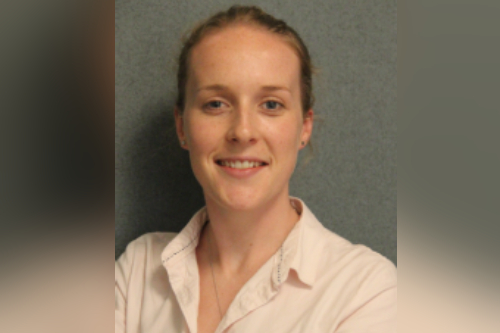

A brutal heatwave has smashed Europe and the United Kingdom with record-high temperatures in the past week, causing a string of destructive wildfires, huge disruption to public services, and a surge of heat-related illness and deaths.
Extreme temperatures of 38C (100F) or higher every day in the last week have factored in more than 1,000 deaths in Portugal and Spain. Elsewhere, authorities in western France have warned of a “heat apocalypse” in 15 regions, and the UK Met Office issued a red extreme heat warning on Monday and Tuesday in much of England, with temperatures forecast to hit up to 41C (106F).
Even my homeland of Wales - which is known for its wet weather, not its heatwaves - experienced its hottest day ever on record on Monday, July 18, with the mercury hitting 37.1C (98.78F) in Hawarden, Flintshire. I can tell you, with no exaggeration, that’s an extraordinary temperature for Wales.
The ferocious heat has triggered furious wildfires across western Europe, from Portugal through western France, destroying large swathes of land and forcing thousands to flee their homes.
While news of dramatic wildfires in northern Europe (particularly France) might be shocking to some of our (currently very hot) Insurance Business UK readers, this is all too familiar to our readers in the USA, Canada, and Australia, where wildfires (or bushfires) have taken a very deadly toll in recent years.
In February 2022, the UN Environment Programme (UNEP) released a report, entitled: ‘Spreading like wildfire: The rising threat of extraordinary landscape fires,’ in which UNEP scientists said “climate change and land-use change are projected to make wildfires more frequent and intense, with a global increase of extreme fires of up to 14% by 2030, 30% by the end of 2050, and 50% by the end of the century.
UNEP calls on governments to adopt a new ‘Fire Ready Formula,’ with two-thirds of spending devoted to planning, prevention, preparedness, and recovery, and one third left for response. UNEP executive director, Inger Andersen, said: “We have to minimise the risk of extreme wildfires by being better prepared: invest more in fire risk reduction, work with local communities, and strengthen global commitment to fight climate change”.
For any risk that requires meaningful societal change, insurance brokers and agents are the perfect conduits of vital information. Proactive actions and conversations can’t prevent disasters, but they can equip homeowners and business owners for the worst-case scenarios from wildfires.
Mitigating wildfire risk at the home level requires lots of education to help homeowners understand what their risks are, and what their responsibilities and opportunities are for reducing those risks. Wildfire risk management doesn’t have to be expensive – that’s the first message for brokers/agents. There are lots of practical and cost-effective things that people can do to mitigate their exposure.
It is important for brokers to encourage clients to adequately maintain their properties, meaning they should remove debris from gutters and roofs, they should clean vents and drains, they should move all combustible materials and ground cover a safe distance away from their properties, they can invest in wildfire resistant materials, and they can shore up their property parameter with appropriate landscaping.
These are simple property maintenance tips that are good for all exposures, not just wildfires. They are prudent asset protection activities, and any good insurance advisor should be passing this information along. It is readily available to download and share via governmental fire agencies worldwide, and most insurance organisations with fire exposure on their books also offer free tip sheets.
For business clients, insurance brokers and agents should ensure they have continuity plans, emergency response plans, and appropriate safeguarding and protective measures in place. Again, a lot of this information is readily available, and it never hurts for brokers to check in and provide a ‘best-in-class’ risk management update.
Finally, brokers and agents can advocate for clients in the regulatory and land management arenas. Again, this is already happening worldwide via insurance broker associations and other industry groups, and I would strongly encourage brokers and agents to be actively involved in these discussions.
Climate change and fire risk is not going away. While the current heatwave in Europe is quite extraordinary – especially for the more northern regions and the UK – the trends around our changing climate suggest we could very well experience more “heat apocalypses” in the near future.
Insurance brokers and agents feel the heat of wildfires long after events have occurred. They’re often the first port of call for devasted home and business owners who’ve lost everything in a fire, and they’re the constant point of contact as their clients go through the (often very miserable) claims process. It is not a nice position to be in – but there are ways to mitigate and manage wildfire risk if everyone works together.
